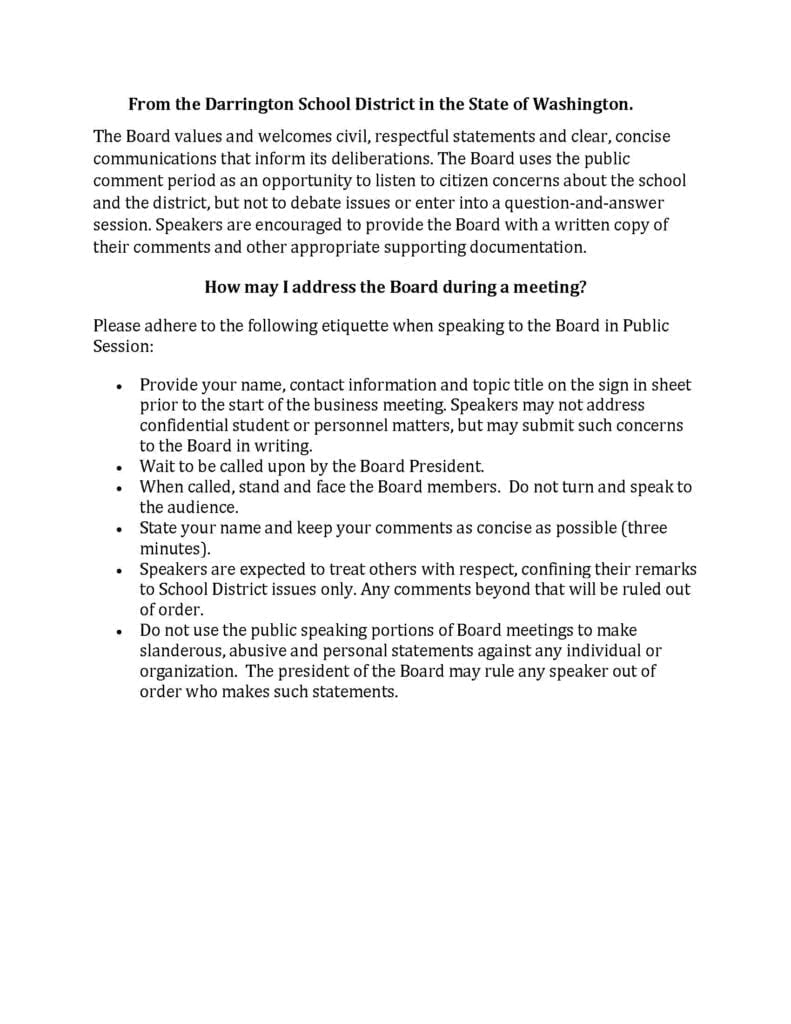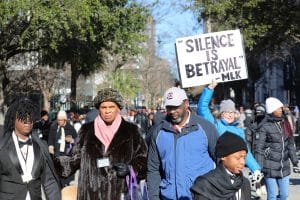What are your school board meetings showing students other than adults out of control? School board members seem buffaloed by the notion of “free speech” and the public is turning free speech into hate speech.
A school board meeting is meant to discuss school matters. The public forum is offered to hear discussion, in a civil manner, of those issues. People are not allowed any hate speech, to make slanderous or abusive comments about people, elected officials including people at the school, institutions, or countries that have nothing to do with the school.
Hate speech is not allowed in school, period.
If they have something civil to say about the US Government, or a particular institution or country, as it is being taught in a class, or pertains to a grant or program, they are welcome to speak, provided they provide a written copy of their remarks and backup information pertaining to the school when they sign up.
Your school board has two awesome powers: schedule and plug. Since some people are there to be heard, but not to listen, you might split the public forums.
I served on a school board, and we split our public forums. The first 15-minute session was about 20 minutes into the meeting, so the public heard a little board business. We had a 3-minute rule. A buzzer or bell is better than the gavel, and best put it in the hands of a student, therefore not judgmental.
The room usually cleared out after that. A longer public forum was held near the end of the meeting. Those waiting got to hear us vote on new school buses, paving the elementary parking lot, hiring ESL teachers, accepting donations – the tedious work that makes up most of a school board’s time.
Or a board could move the session down in the schedule. Central Bucks makes their “Public Comment” period No. 5 on the agenda, after the Superintendent’s Report. What if it were No. 8, after the Report from the Special Education Committee?
The other power your school board has is the plug. If a speaker shouts, or goes off topic, that is when to use the gavel. After which you can turn off the microphone. A person may have a right to free speech but doesn’t have the right to use your school microphone to amplify ugly words meant to inflame public opinion or just plain crazy ramblings that have nothing to do with the school.
Finally, here is a letter from a school district in Washington outlining what they want in their meetings. Perhaps you should hand your version out before the next meeting. Explain what you expect of people. Then enforce it.






